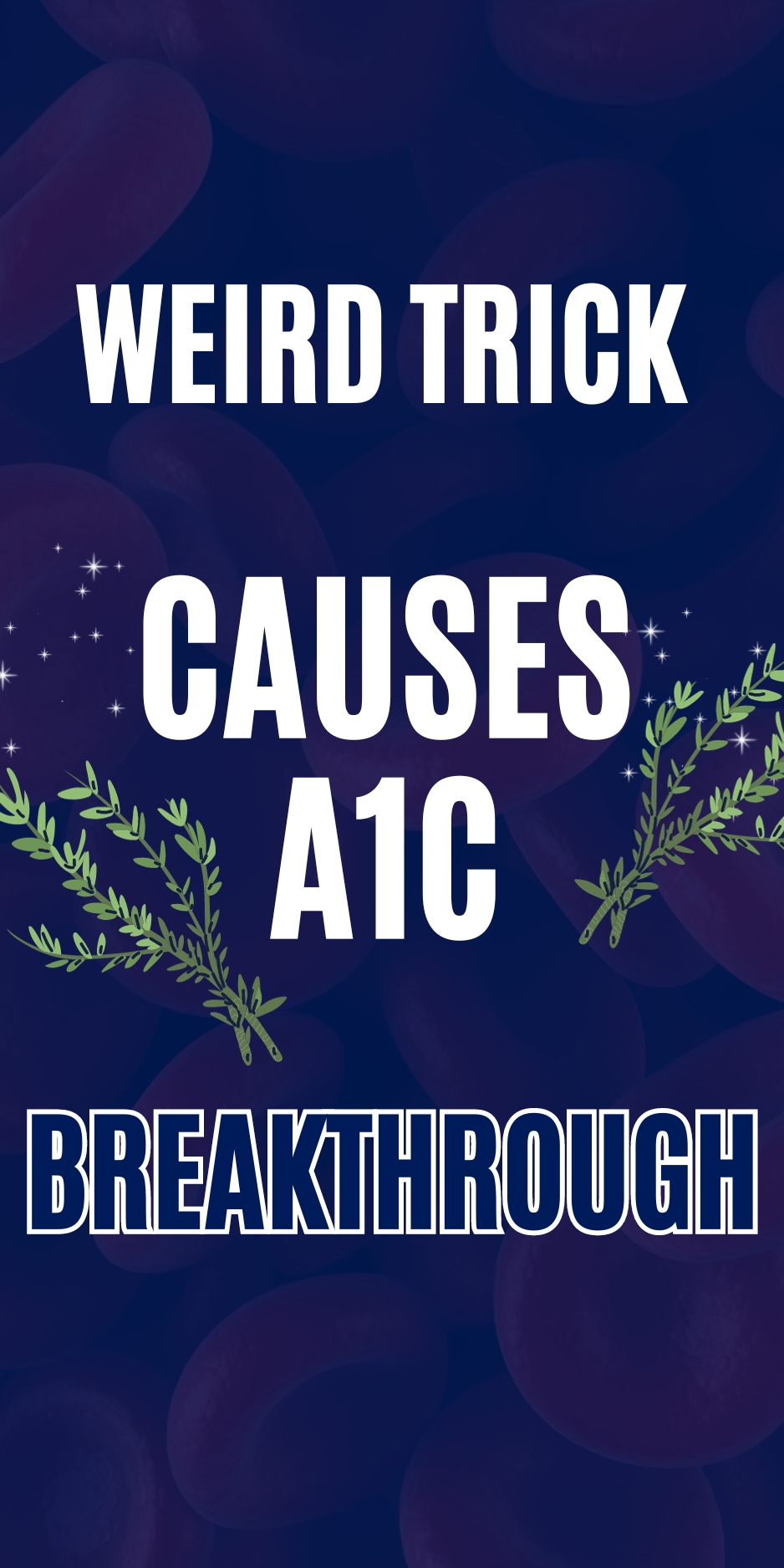Alcohol, a beverage enjoyed for millennia, has both a rich history of celebration and, at times, a dark tale of abuse. Beyond its social and cultural significance, alcohol's impact on the brain is a topic of considerable interest and concern. Understanding how alcohol affects the brain is critical, as it can help individuals make informed choices and health professionals provide better care for those struggling with alcohol-related issues.
The Initial Pleasure: The Brain's Reward System
When alcohol enters the bloodstream, it quickly travels to the brain. One of the primary areas affected is the brain's reward system, primarily governed by a neurotransmitter called dopamine. Alcohol consumption triggers the release of dopamine, leading to feelings of pleasure and relaxation. This initial euphoria is what often draws people to alcohol.
The Depressant Effect: Slowing Down Brain Function
However, as alcohol's sedative effects take hold, it begins to slow down brain function. It impairs cognitive abilities, including judgment, decision-making, and coordination. This is why drinking and driving is so dangerous—alcohol can significantly impair the ability to react to unexpected situations on the road.
Memory Impairment: The Blackout Effect
Excessive alcohol consumption can lead to memory impairment, often referred to as a "blackout." During a blackout, the brain struggles to create and store new memories, resulting in gaps in a person's recollection of events.
Alcohol and the Hippocampus: Learning and Memory
The hippocampus, a region deep within the brain, plays a crucial role in learning and forming long-term memories. Chronic alcohol abuse can damage the hippocampus, contributing to memory problems and cognitive decline. This damage can be particularly problematic for heavy, long-term drinkers.
Alcohol and Mental Health: A Complex Relationship
The relationship between alcohol and mental health is complex. While some people use alcohol to self-medicate and alleviate symptoms of anxiety or depression, it can ultimately worsen these conditions. Prolonged alcohol use disrupts the brain's delicate chemical balance, exacerbating mood disorders and potentially leading to addiction.
The Brain's Response to Chronic Alcohol Use: Tolerance and Dependence
With continued alcohol use, the brain often adapts to the presence of alcohol, requiring more to achieve the same effects—a phenomenon known as tolerance. This can lead to increased consumption, potentially accelerating the negative impact on the brain.
In some cases, chronic alcohol use can lead to physical and psychological dependence, which is marked by withdrawal symptoms when an individual tries to quit. This dependency is closely linked to changes in the brain's reward system and neurotransmitter functions.
Neurological Damage and Cognitive Decline
Long-term, heavy alcohol use can result in neurological damage and cognitive decline. Conditions like Wernicke-Korsakoff syndrome, characterized by severe memory problems and confusion, are often associated with chronic alcohol abuse.
Conclusion
Understanding how alcohol affects the brain is essential for promoting responsible drinking and for addressing alcohol-related issues. While moderate alcohol consumption may not cause significant harm to the brain for most people, it's crucial to be aware of the potential risks associated with heavy or chronic drinking. If you or someone you know is struggling with alcohol abuse or dependency, seeking professional help is a crucial step in mitigating its effects on the brain and overall well-being. Ultimately, knowledge and awareness are powerful tools in fostering a healthier relationship with alcohol and supporting those who may be at risk.







